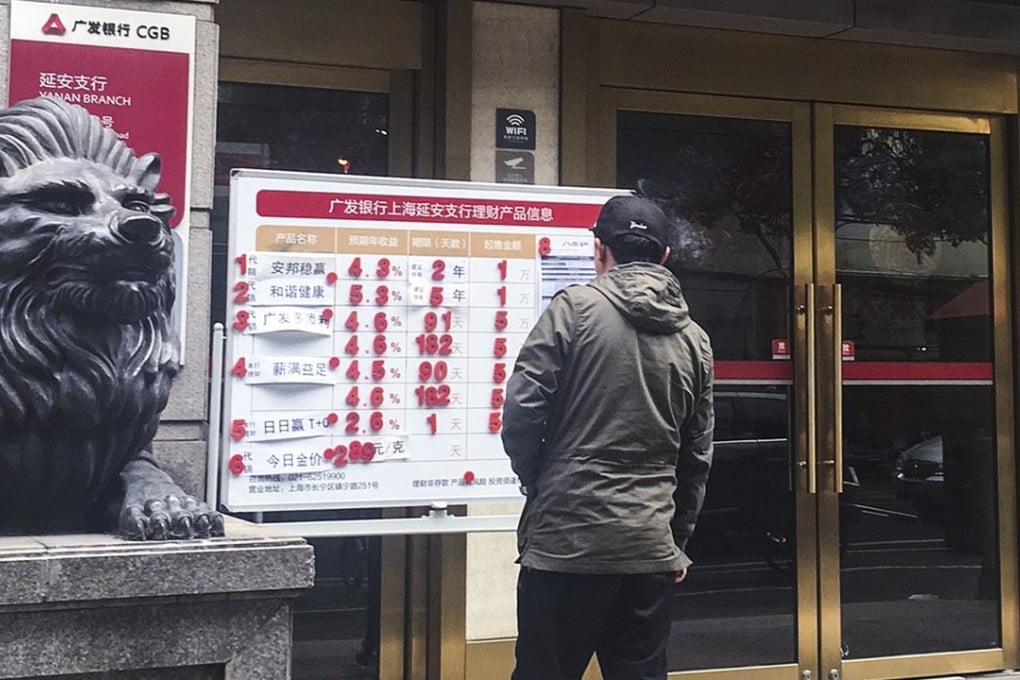CIRC bans universal life products as add-on to life policies
Life insurers could face potential squeeze in premium income as the CIRC continues to curb risks stemming from aggressive investments, analysts say

The China Insurance Regulatory Commission (CIRC) has banned life insurers from selling universal life insurance as an add-on to regular life policies, a practice companies have capitalised on to fund aggressive domestic and overseas investments in recent years.
The move is the latest step by the regulator to rein in industry risks after the dismissal of former chairman Xiang Junbo in early April for severe violation of party disciplines.
The CIRC had issued a circular spelling out the development and design of life insurance policies, in which it banned the sale of universal life insurance as riders to regular life policies, the official China Securities Journal reported on Tuesday.
Universal life products are essentially high-yield wealth management products, usually promising short-term gains and flexible surrender terms.
Aggressive insurers like Anbang Life Insurance and Foresea Life Insurance have been rapidly expanding this aspect of their business to shore up their premiums as war chest to fund equity investments in the capital markets.
“The new rule will have a major impact on the sector as several listed life insurers have been combining universal life policies as a rider to traditional long-term policies to promote sales,” said Dayton Wang, an analyst formerly with Guotai Junan International.